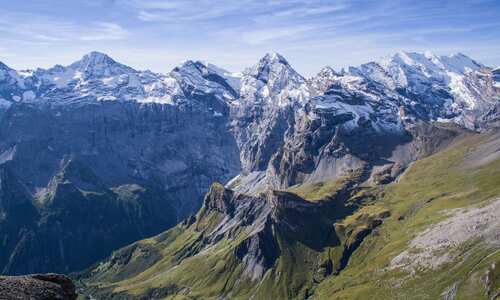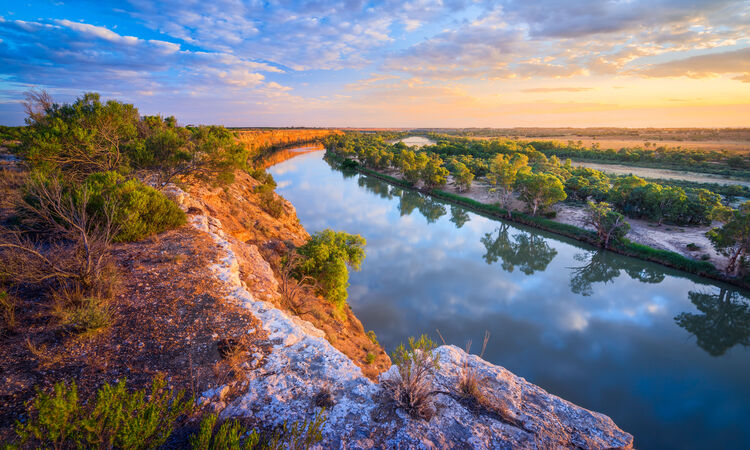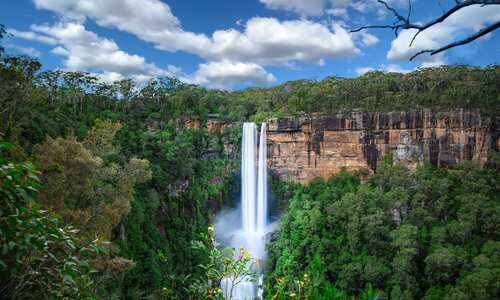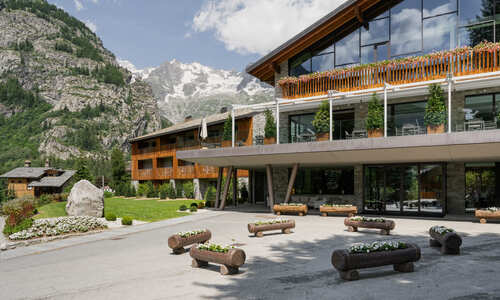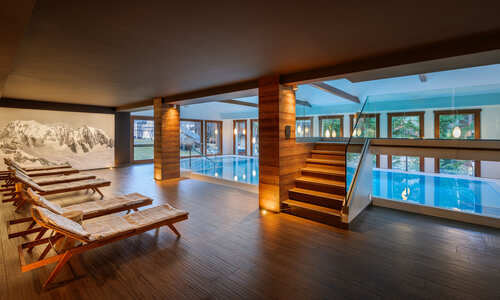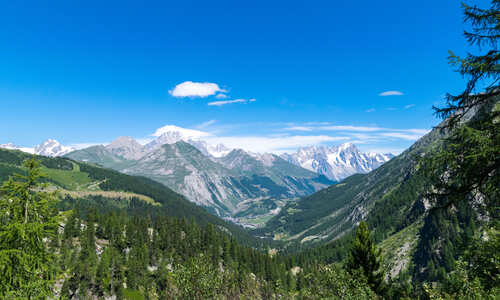Article content
7 November 2016 by Amy Sohanpaul
This article originally appeared in Traveller magazine.
This October the iconic explorer (and Wexas Honorary President) Colonel John Blashford-Snell celebrates his eightieth birthday. For half a century he has led daring expeditions to the world’s wildest places, whether descending the Blue Nile or driving across the Darien Gap, delivering a grand piano to a tribe in Guyana or searching for lost cities in Bolivia. Along the way he has invented white-water rafting (‘by accident’ on the Nile), set up the Scientific Exploration Society to send expeditions worldwide, and launched Operations Drake and Raleigh for young people. And he’s not stopping yet. Just back from saving elephants in Kenya this spring, he’s now planning his next expeditions to Colombia and Myanmar. We caught him in a rare quiet moment.
What was your toughest journey?
Crossing the Darien Gap in 1972. There were 250 miles of swamp and impenetrable jungle. It took 100 days and we had 50% casualties of one sort or another. The Colombians supporting us had about 10 people drowned, or shot by guerrillas. Luckily we didn’t have anyone who died, but a lot were seriously ill with diseases. The Range Rovers broke down and new ones had to be redesigned and parachuted into the jungle where we were stuck. The idea was to pilot a track for the Pan-American Highway, which we achieved.
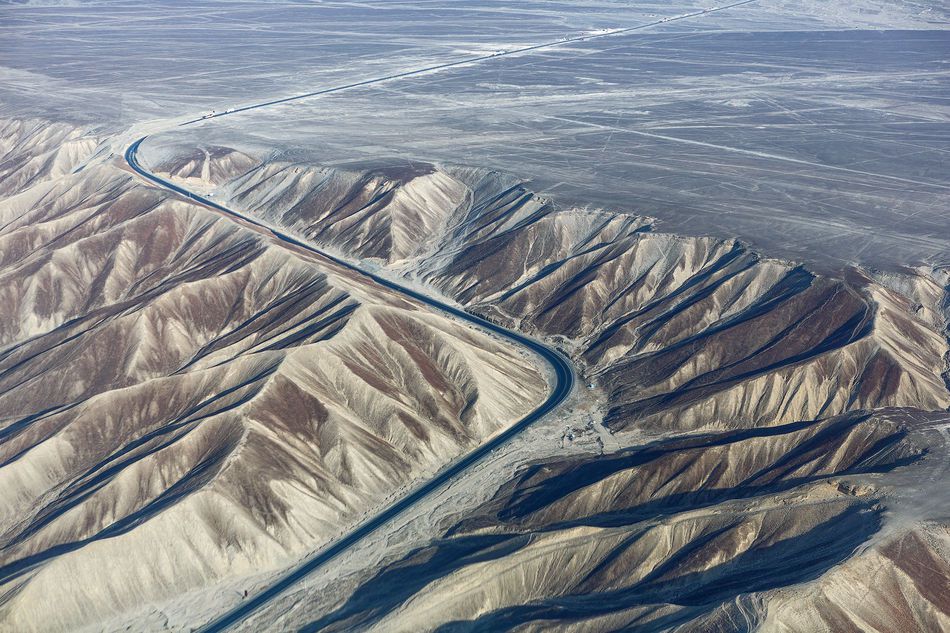
The Pan-American Highway in Nazca, Peru. The highway extends all the way north through Colombia and into Panama, where the Darien Gap breaks the road into impassable stretches.
What is your proudest achievement?
I look back on Operation Drake and Operation Raleigh with a fair degree of pride. We went around the world with young people from all walks of life for three-month spells, and it gave them enormous confidence, a sense of endeavour and self-reliance. They met likeminded people, became interested in the outdoors and the world and particularly in conservation. Now it’s called Raleigh International and 40,000 young people from many countries have been through.
I went to the alumni conference last weekend and they’ve really gone on to achieve things in life. Tim Peake was one of ours – I think operation Raleigh put him in good stead up there on the space station. Another was the director Simon Chinn, who won an Oscar in Hollywood. I’ve just come back from Kenya where I stayed at a lodge run by a woman who was on Raleigh, she’s heavily into conservation and doing a lot with elephants – that’s an example of Raleigh people who’ve gone on to great things.
What inspired you to become an explorer?
My parents had quite an influence. They lived in New Zealand in the 1920s and spent the first five or six years of their life together in the bush, working with the Maori, riding horses everywhere, starting the boy scouts and girl guides, a very outdoor lifestyle. I went to Victoria College in Jersey, which was a wonderful place for outdoor activities. I learnt to dive there, and when I wasn’t diving I was clambering on the cliffs. From there I went to Sandhurst and the Royal Engineers, who are very much the explorers of the army. They spend their life building railways and bridges, crossing deserts and making maps, and they encouraged officers to be explorers.

Col John Blashford-Snell
I was a diving officer for them. Most of my early expeditions were underwater. In the 1950s, the Antiquities Department of Cyprus were keen to explore ruins under the sea, so we spent a lot of time looking for lost cities. In due course I went back to Sandhurst as the adventure training officer. My commanding officer said, ‘I want you to get as many of our men overseas as you can, for the benefit of their character and to the least possible detriment of the Empire.’ So I sent cadets to all corners of the earth, collecting beetles, doing archaeology, building schools… That was a marvellous job.
Things grew and grew, and on one of our expeditions I met Haile Selassie, the Emperor of Ethiopia. He said, ‘I’d like you to explore my Blue Nile.’ I knew that the Blue Nile was the last really unexplored bit of Africa and a pretty dangerous place, so I didn’t commit myself. But eventually a letter arrived at the MoD in London, and my boss said, ‘We’ve had this letter from Haile Selassie the Emperor, King of Kings, Chosen Lion of the Tribe of Judah, and he wants his Blue Nile explored.’ So that was it: the first of my really big expeditions. After that, my boss said I’d better set up a charity for this kind of thing: so we set up the Scientific Exploration Society in 1969, and it’s gone on ever since.
What is your advice for young people starting out?
I always say to young people – you’ve got health and
vigour and energy, so go out and see the world while
you’re young. You may not agree with everything you
see, but see it for yourself. And while you’re there, see
what you can do to make the world a better place.

